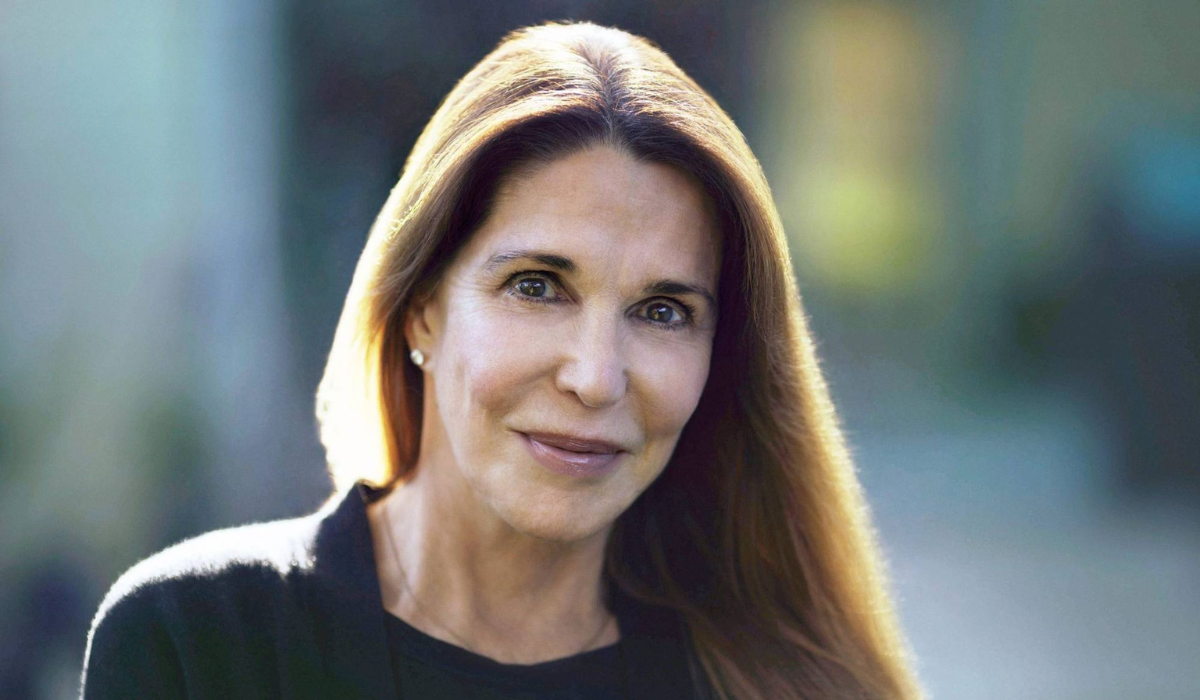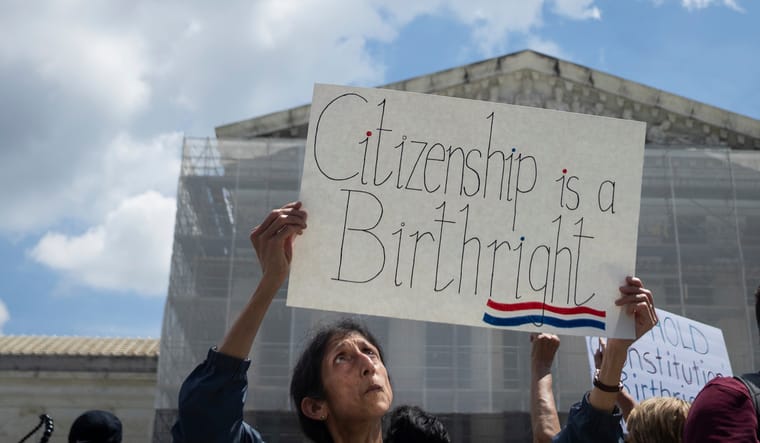Patti Davis: What’s Beneath the Anger We’re Collectively Feeling? Answering This Question Offers a Path Forward
For months we have witnessed anger and vitriol on display at nearly every Trump rally. In response, there has been hostility and recriminations on the Democratic side. The day after the election, I sensed something different—at least where I live, which is not a conservative area.
People were in shock, in grief. One neighbor hugged me when I was out walking my dog. Several others earnestly asked how I was doing and expressed that they felt numb and in disbelief. The entire day, I encountered or spoke with people whose sadness was palpable. Reflecting on it later, I thought, This is good. At least we’ve peeled back the anger.
I’ve thought a lot about anger in my life, starting with my own. For way too many years, I hung onto anger over family issues and parental complaints, indulging in a post-adolescent hostility that went way too far into adulthood. During the six years that I ran my caregiver support group, Beyond Alzheimer’s, anger was a frequent subject. People were angry at the disease, at doctors, sometimes at a loved one who quite understandably tried their patience.
This is what I’ve come to understand about anger: It always sits on top of something else. Usually fear. Oftentimes grief.
To dismantle anger, one needs to ask what’s underneath it, and then have the courage to go there. One must be brave enough to ask what fears are swirling around down there. This is challenging work. We don’t like to swim around in our fears; they’re dark and the currents take us places that feel inescapable. Anger seems like a better alternative. In fact, anger actually feels kind of good. There’s an adrenaline rush to it, and it can help us feel righteous and in control.
But we’re not really in control. Just look around. We seem to have come to a time in America where fury is everywhere—on the political stage, in businesses, and out on the street.
Might I suggest that all that rage is a fire burning on top of fear?
We’re frightened of each other because we haven’t taken the time to try and understand each other. We’re frightened of a world that has developed weapons that can blow us out of the universe. We’re frightened of what we’ve done to this fragile blue ball we call Earth, when violent weather and record-breaking heatwaves, droughts, hurricanes make it seem like the planet is lashing back with its own form of anger. People are afraid they won’t be able to feed their families or keep a roof over their heads. They’re afraid their jobs are in jeopardy. They’re afraid of everything they’ve heard about migrants, even though some of it isn’t factually true.
And now that the angry candidate has won the presidency, we have a stark choice: We can cling to our fury, or we can dive down beneath it. But it’s not only our own fury we must unpack. I believe we must try to understand the anger we see in others. What fears fueled the rage represented by all those red MAGA hats? We might as well try to understand, because where we’re at now is not working.
It’s really hard to let go of anger. It can feel like a lifeline. It can feel like we’ll drown if we let go of it. But the truth is, we might just learn to swim through hard currents and end up on a shore that’s been waiting for us all along.
There was a lot of talk throughout the presidential campaign about the end of America as we know it, and there still is. But we still have ownership over our choices, and a good one to start with might be to try and understand what people are afraid of.
Patti Davis is an author of many books, including Floating in the Deep End, in which she explored the experience of caring for her father after his Alzheimer's diagnosis. The lessons she learned from the ten years of her father's illness inspired her to create a support group program for caregivers of people with dementia called Beyond Alzheimer's. Her most recent book is Dear Mom and Dad: A Letter about Family, Memory, and the America We Once Knew.
Please note that we may receive affiliate commissions from the sales of linked products.



